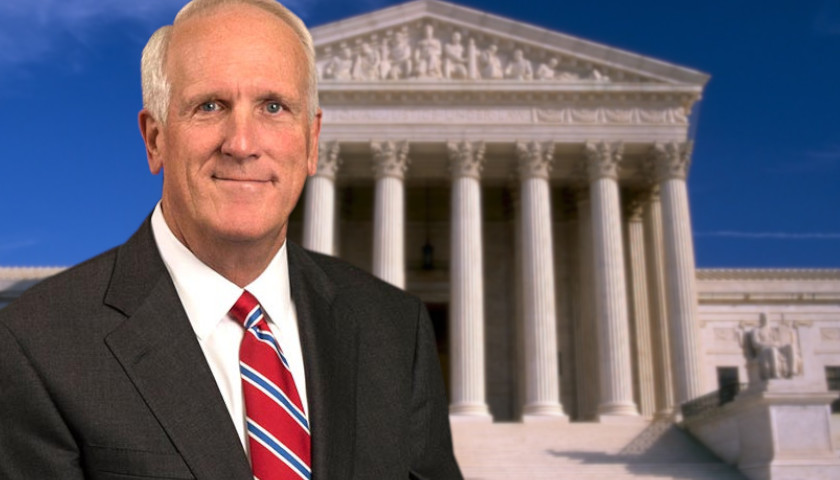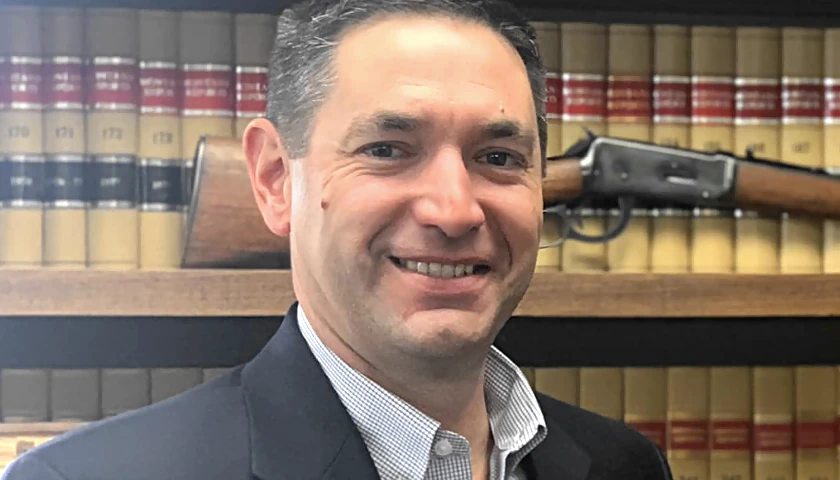Republican Tennessee Attorney General Herbert Slatery has joined 17 other states on a brief filed with the U.S. Supreme Court, urging the justices to overturn a case that affects religious schools.
Espinoza v. Montana Department of Revenue was a Montana Supreme Court decision that required the state to exclude religious school options for parents participating in a state tax credit scholarship program.
“Montana’s program, enacted by its legislature in 2015, gave a tax credit to taxpayers who donated to a private scholarship organization. The organization then awarded scholarships to eligible children attending private schools,” according to a press release from Slatery’s office.
“Many of the participating states have enacted similar programs that provide financial assistance for parents to choose diverse educational opportunities for their children. Students in these programs are permitted to attend private schools of sufficient caliber, religious or not, as a matter of good policy and as required by the First Amendment.”
Slatery said in the press release that if the decision by the Montana Supreme Court is not overturned, it could jeopardize school choice programs across the country.
Tennessee joins the attorneys general of Oklahoma, Alabama, Alaska, Arizona, Arkansas, Georgia, Kansas, Louisiana, Missouri, Nebraska, Ohio, South Dakota, Texas, Utah and West Virginia, as well as the governors of Kentucky and Mississippi.
According to Becketlaw.org, the Montana Tax Credit Scholarship Program allowed Montanans a tax credit for $150 of their contributions to a privately-run scholarship program.
“However, the Montana Department of Revenue refused to implement the program, citing the state’s Blaine Amendment, an archaic anti-religious law that forbids tax credits going to schools owned or operated by a ‘church, sect, or denomination,’” according to the website.
“The Department’s decision to limit the use of scholarship funds to children that attend non-religious private schools, stood in defiance of the U.S. Supreme Court’s Trinity Lutheran decision. In September 2019, Becket filed a friend-of-the-court brief at the U.S. Supreme Court in support of low-income Montana parents, arguing that the discriminatory history of Blaine Amendments renders them unconstitutional, and that religious organizations cannot be treated as second-class citizens when it comes to widely available public benefit programs.”
– – –
Chris Butler is an investigative journalist at The Tennessee Star. Follow Chris on Facebook. Email tips to [email protected].






Why is it that a child cannot participate in a school function such as a skating week if the parent chooses to use the child’s personal doctor rather than the school provided medical care? Oddly enough hippa is not protected in public schools.
“…as a matter of good policy and as required by the First Amendment.”
Then isn’t Tennessee’s “school choice” voucher program unconstitutional, since it discriminates against 99.5% of eligible students with its 5,000 student cap, limited to only certain districts? No equal protection under the law…